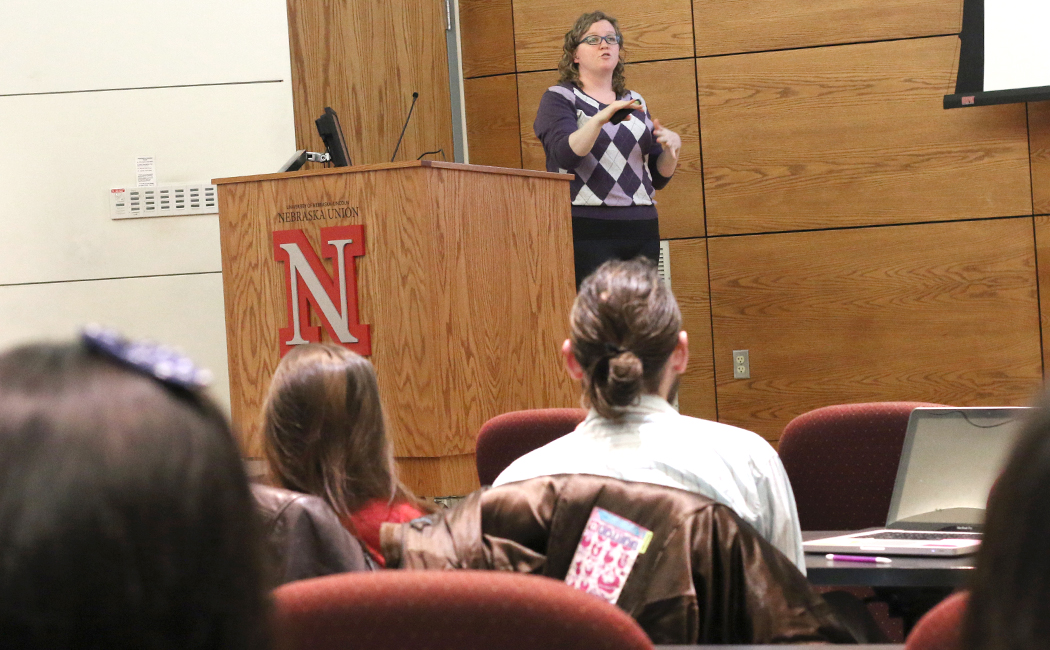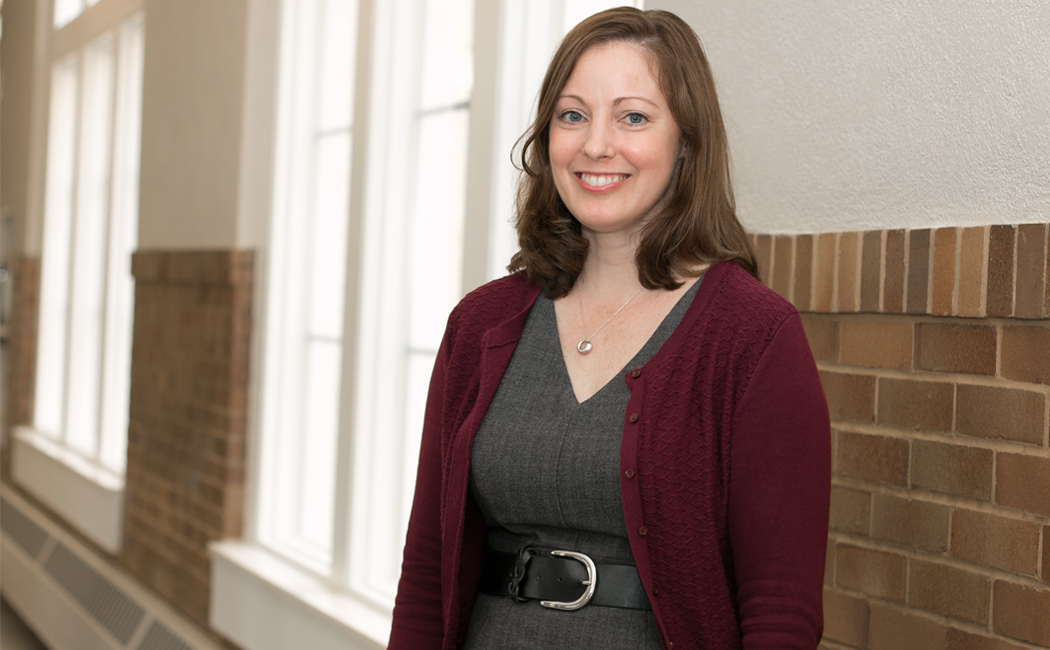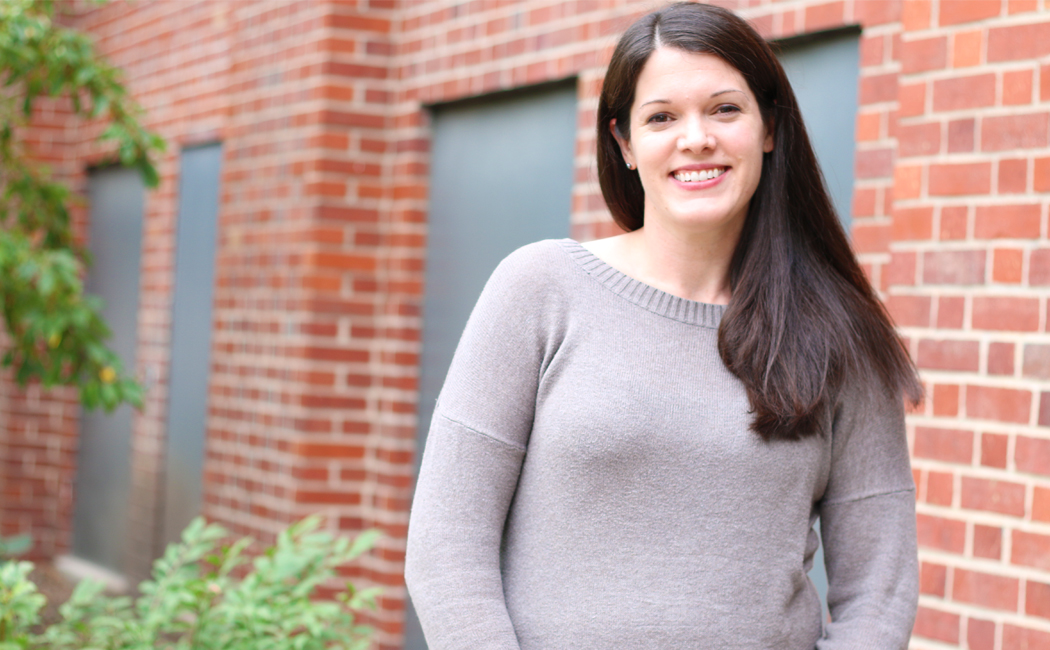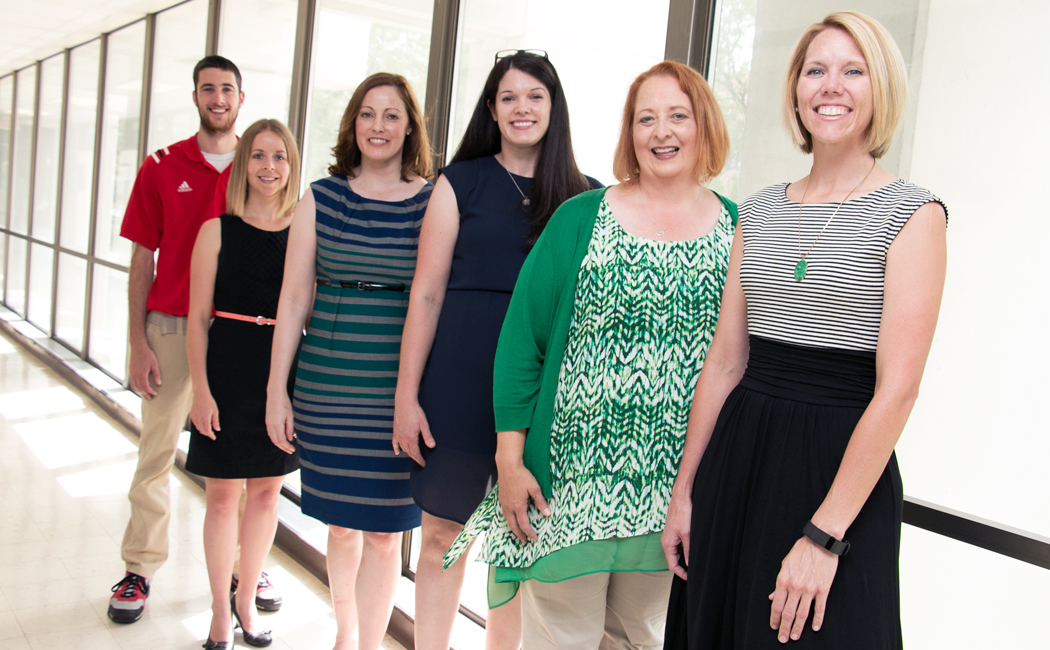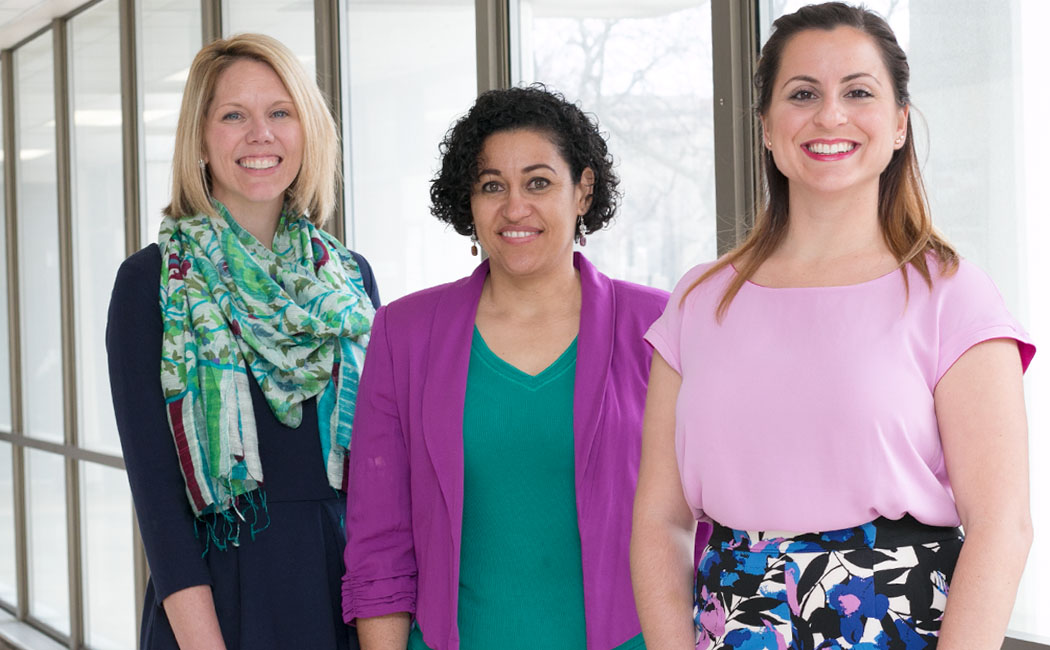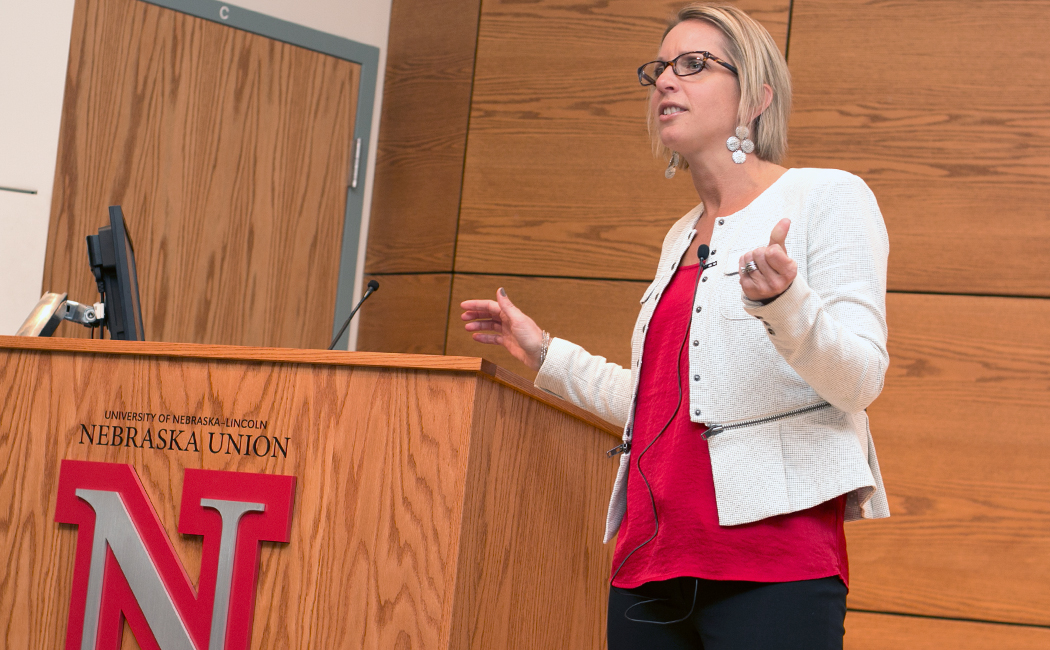Teacher. Firefighter. Doctor. Astronaut. Many of these careers land on children’s lists of what they want to be when they grow up. CYFS research assistant professor Lorey Wheeler would like to see another profession added: engineer.
With a $1 million grant from the National Science Foundation, Wheeler is joining a team from Arizona State University to study how children’s knowledge, stereotypes and achievement-related beliefs affect their interest in engineering. It’s a field in which job growth is outpacing the number of adults who pursue related degrees, especially among women and ethnic minority students.

